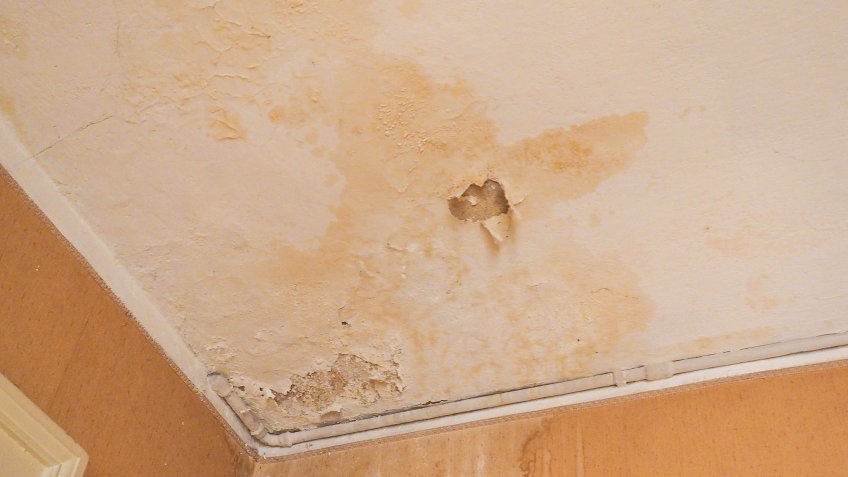When you realize that you have mold in your home, the initial reaction is disgust. No one wants to see mold in their home. But the truth of the matter is that many people actually live in a home with mold without realizing it. There are warning signs of course, but more often that not, we ignore it until it’s already affecting our health. It’s always best to contract the best mold removal services and get the issue resolved before it becomes a major problem in your household.
The following are signs that indicate you may have a mold infestation at home:
- You see mold. Normally, you’ll first notice mold in your shower stall or in between the tiles in your bathroom. You should be able to differentiate mold from soap scum.
- You notice a strange smell. Mold has a pungent odor and you may notice the smell when you are in an area in your home where it can be found. Keep in mind that mold is not only confined in your bathroom. They can also grow in basement floors, behind wallpapers/walls, etc. If you notice a persistent odor in your home, then it could very well be mold.
- Your household members are sick all the time. With mold around, people will have nasal congestion, watery eyes, and may even experience listlessness. The key here is to observe if you feel better when outside the house and then experience all the symptoms when you’re at home.

Other symptoms include: sneezing, cough, runny nose, and itchy nose, eyes and throat.
Health Problems Associated with Mold
Symptoms of mold allergy vary from one person to another. Some experience very mild symptoms while others have severe symptoms. If you are allergic to mold and/or have asthma, your asthma symptoms will flare up when you’re exposed to mold spores. There are even people who experience severe asthma attacks.
The symptoms of a mold allergy are triggered by a highly sensitive immune system response. The airborne mold spores, once inhaled, will be seen as foreign invaders by your system and thus, it develops anti-bodies to fight it.
Even after the exposure has passed, your body will continue to make antibodies that “remember” the foreign invader, which means that any future contact will still trigger a reaction from your immune system.
Who’s At Risk?
You’re more likely to develop allergic reactions to mold if you have any of the following risk factors:
- Family history of allergies. If asthma and allergies run in your family, you’re probably going to develop a mold allergy.
- Your job exposes you to mold. Dairy work, farming, logging, millwork, baking, carpentry, wine-making are just some of the occupations that often deal with mold.
- High humidity in the home. If the humidity inside your home is over 50 percent, you are likely going to be exposed to mold in your home.
Don’t wait before you or a loved one suffers from asthma attacks and allergy symptoms caused by mold. If you suspect you have an infestation at home, call a professional to look into the problem and provide the best solution.

